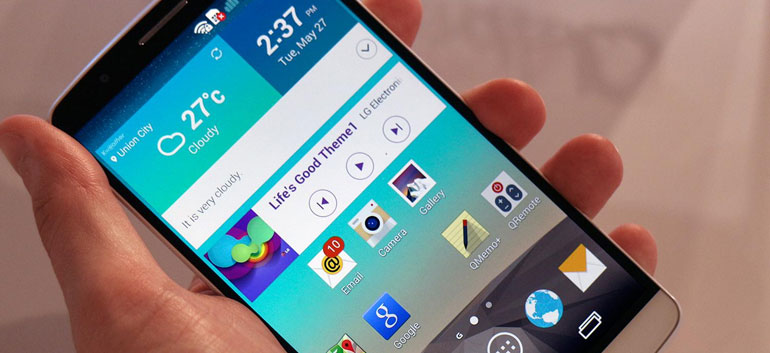Colombia’s Supervisor of Industry and Commerce (SIC) on Monday fined all of the country’s mobile phone providers for offering poor services.
The SIC sanctioned and fined every carrier for a total of over $19 million for “poor customer service.”
According to the SIC, none of the businesses met the standards established by the Commission of Communications Regulations (CCR). These standards obliged mobile phone companies to make contact with at least 80% of their dlient base every month, no more than 15 minutes worth of time in offices and 20 seconds from the call center.
The SIC’s investigation covered a 13-month period, from September 2012 to September 2013.
During that time period, the SIC concluded that every mobile carrier violated the customer rights of more than 7 million clients.
Tigo will be fined the most at $7.8 million. Une comesin second with a fine of $4.3 million. A total of $3.2 million for Claro and $1.7 million for Movistar. Virgin faces a fine of $8.7 million while ETB will be fined $7 million. Uff, Avantel, and Exito Movil will be fined the least with $2.1 million, $1.5 million, and $1.4 million, respectively.
The round of fines comes as the latest development in a continuing struggle to mange Colombia’s communications companies. A month ago several of these operators were made to pay reparations totaling $4 million to their customers. The payment was made to replace minutes lost by their customers.
The SIC has issued a challenge to the CCR, requesting that it increase its efforts to regulate the obligations that it imposes upon communications companies. The SIC also urged carrier companies to perform self-audits to ensure that they are meeting obliged goals and reporting in a timely manner to prevent inaccurate information.
Sources
- Multa de 44 mil millones a operadores móviles por fallas en atención a clientes (Blu Radio)
- Superindustria sanciona a todos los operadores de telefonía móvil por no atender oportunamente a los usuarios en sus oficinas físicas y call centers (Supervisor of Industry and Commerce)
- Operadores de telefonía móvil han retribuido 900 millones de minutos (El Espectador)


